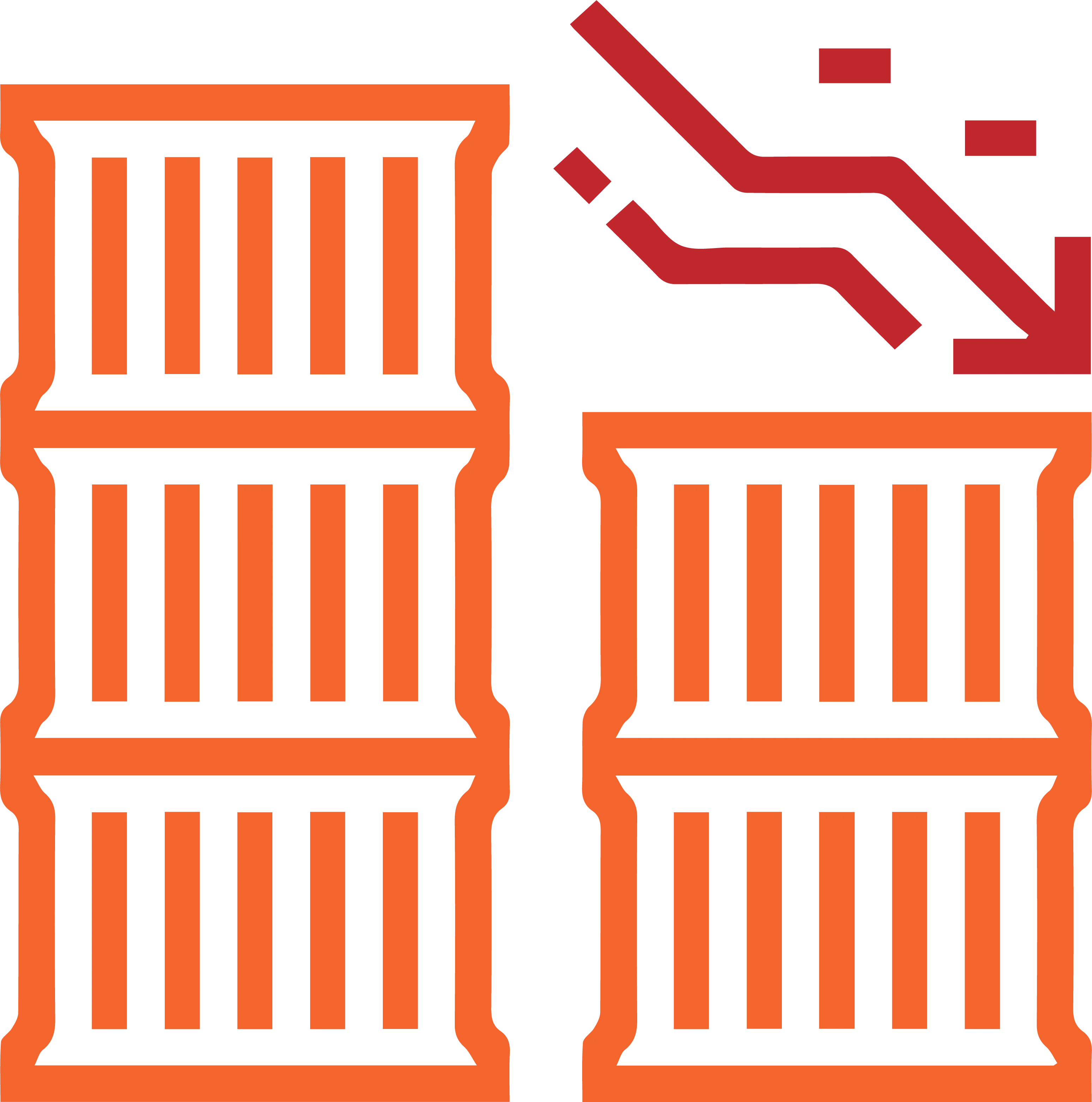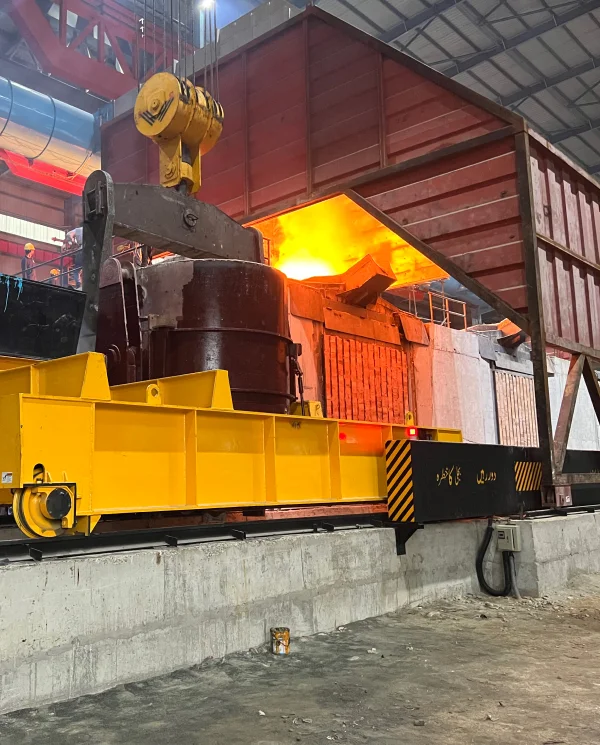
Importance of Sensors in the Steel Industry
Thursday, May 22, 2025




Pakistan’s steel industry is grappling with an unprecedented crisis, primarily driven by soaring energy costs and persistent power shortages. With electricity tariffs reaching Rs52.39 per unit—the highest in the region—many steel mills have been forced to shut down or operate at minimal capacity, threatening the industry’s viability and the livelihoods it supports.
Energy expenses constitute a significant portion of steel production costs. The current electricity rates have rendered operations financially unsustainable for many producers. As a result, approximately 25-30% of steel units have closed, and another 25% have temporarily ceased operations. The remaining mills are functioning at reduced capacity, with some laying off up to 30% of their workforce.
Mills are operating at just 20-30% capacity, unable to afford full-scale production


Frequent power outages and load-shedding disrupt continuous operations, leading to inefficiencies.
Financial constraints hinder investments in energy-efficient technologies and infrastructure upgrades.


Thousands of workers have been laid off, affecting household incomes and increasing unemployment rates.

The reduced output affects downstream industries, including construction and manufacturing, leading to project delays and increased costs.

Lower production levels limit the industry's ability to meet export demands, affecting the country's trade balance.
Industry leaders, including the Pakistan Association of Large Steel Producers (PALSP), are urging the government to implement measures to alleviate the crisis
Introducing lower tariffs for industrial consumers to reduce production costs.
Providing low-interest loans and financial incentives to help mills invest in energy-efficient technologies.
Implementing structural reforms in the energy sector to ensure reliable and affordable power supply for industries
The energy crisis poses a significant threat to Pakistan’s steel industry, with far-reaching implications for the economy. Immediate and decisive action is required to address the energy challenges and support the industry’s recovery. By implementing targeted interventions and fostering a conducive environment for industrial growth, Pakistan can safeguard its steel sector and, by extension, its economic stability.

Digitalization automates data collection, reduces human errors, speeds up reporting, and allows real-time monitoring, leading to improved decision-making and operational efficiency.
Industries such as steel, cement, glass, manufacturing, and energy sectors benefit greatly from digitalization due to the need for efficiency, real-time monitoring, and process optimization.
Our team of experts will start by assessing your current manual processes, identifying key areas for improvement, to implement the right solutions tailored to your operations.
